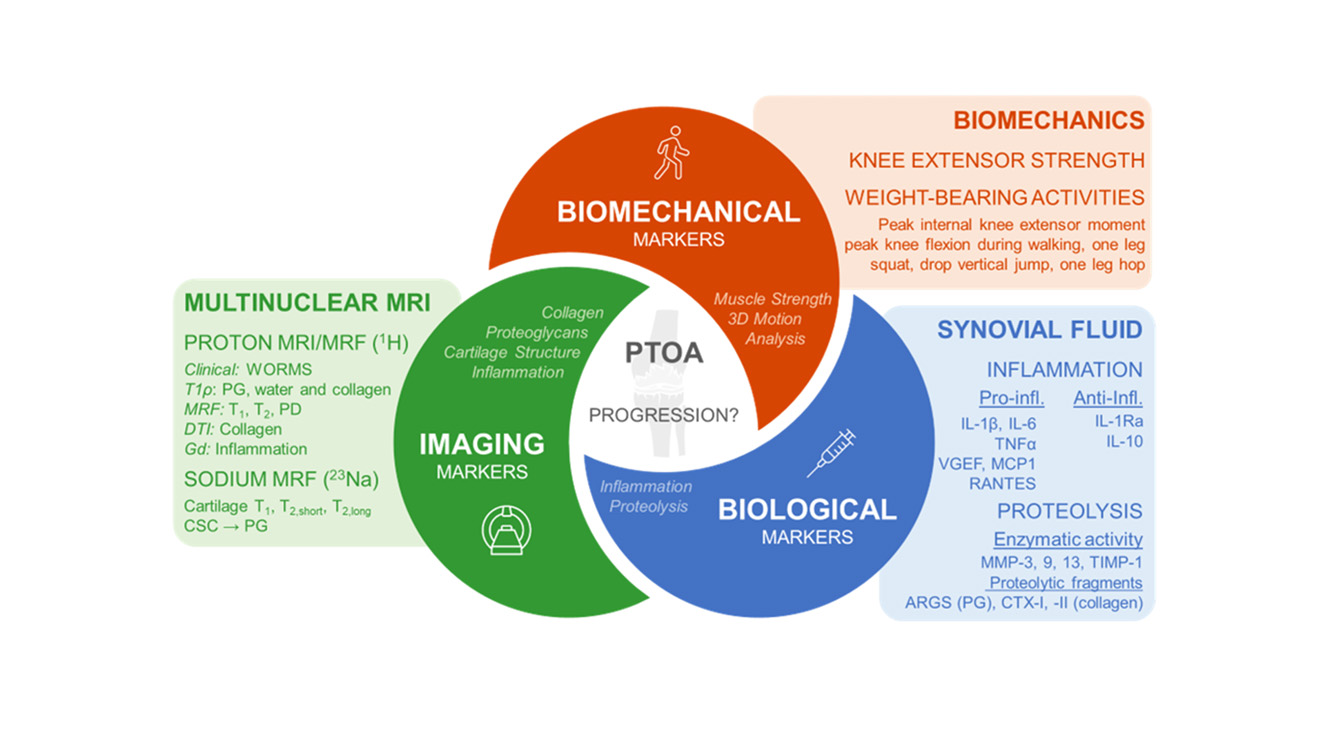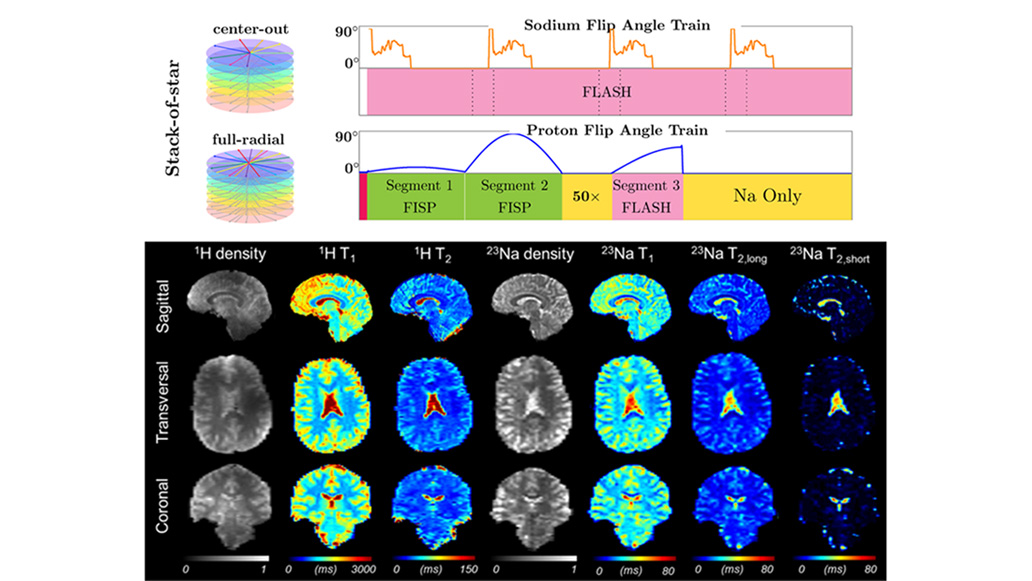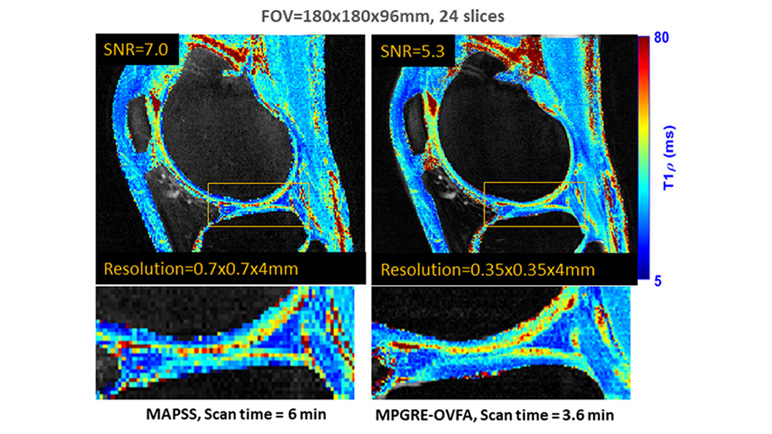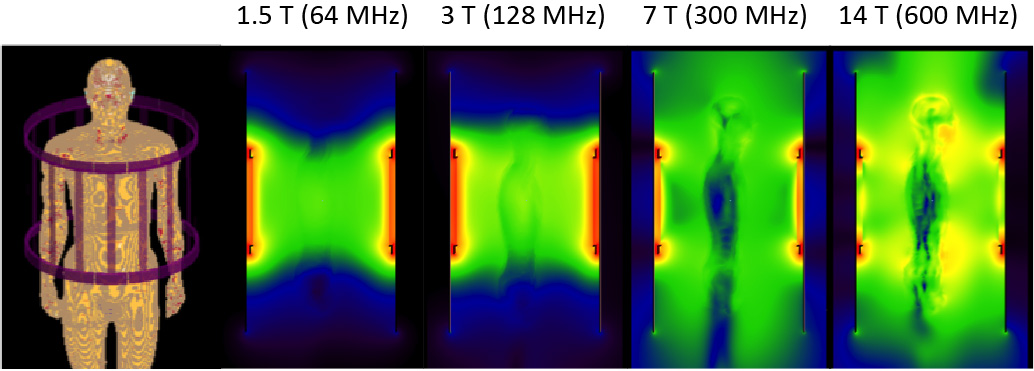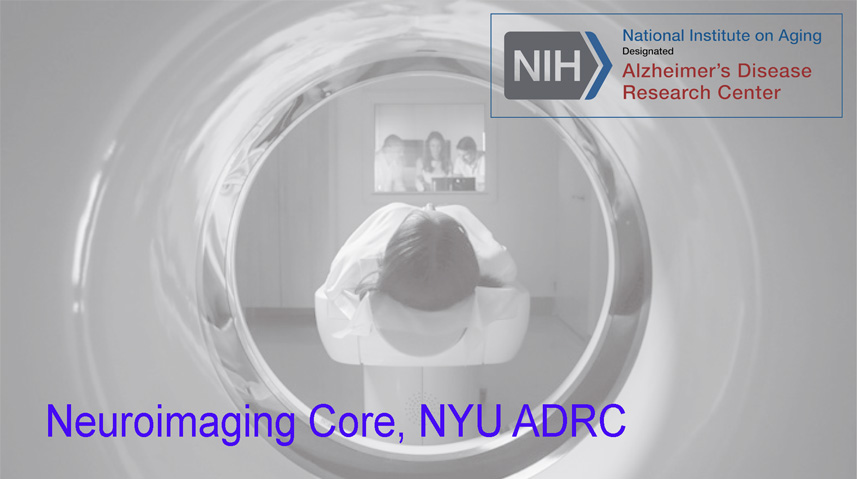Multinuclear MRI to Assess Joint Homeostasis after Knee Injury
This study aims to develop a predictive model for post-traumatic osteoarthritis (PTOA) progression following anterior cruciate ligament (ACL) injury by integrating imaging, biological, and biomechanical markers to improve understanding, therapeutic targeting, and treatment monitoring.


